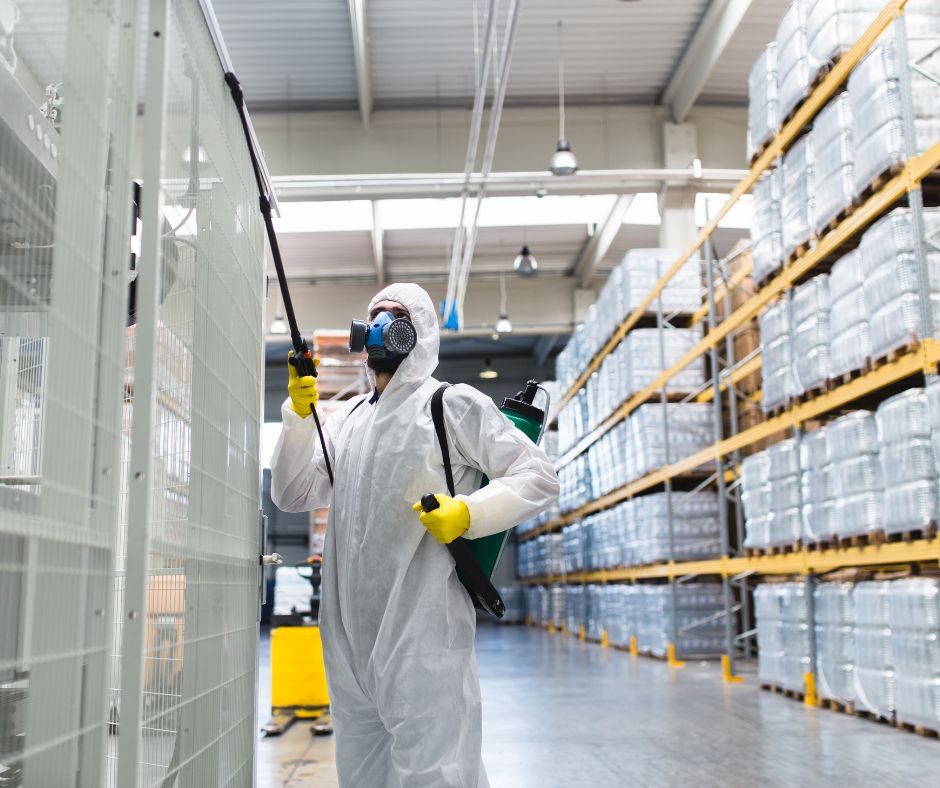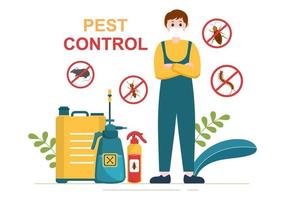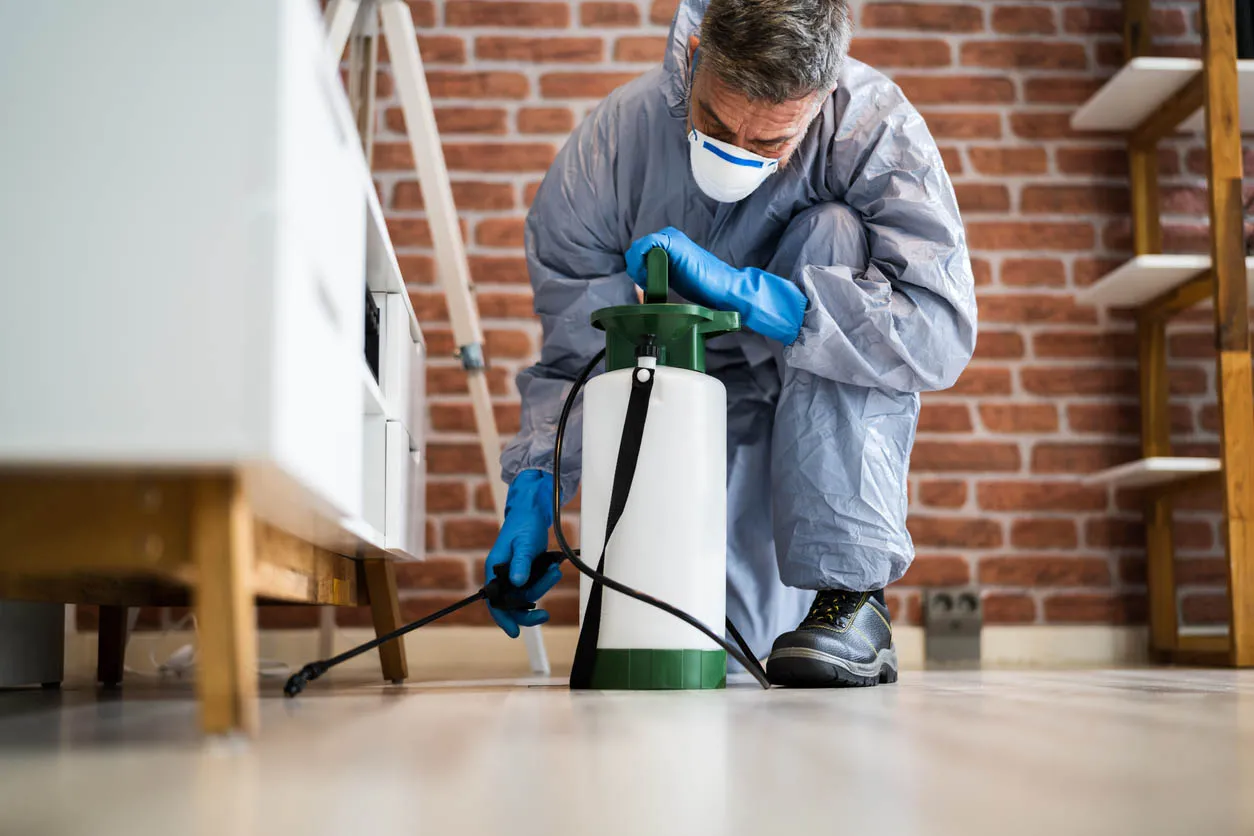Mosquito Extermination with Port Charlotte Pest Control Service
Comprehensive Guide to Recognizing Bug Control Techniques and Their Therapy
Comprehending insect control techniques is vital for effective monitoring of unwanted microorganisms that pose risks to health and wellness, farming, and property. What variables should be taken into consideration when picking the proper parasite control approach for a certain situation?
Introduction of Insect Control Techniques
Parasite control approaches encompass a range of approaches designed to handle and eliminate undesirable microorganisms that can damage human health, agriculture, and building. Reliable bug monitoring is vital for keeping the stability of communities and making sure the safety of food supplies. These techniques can be broadly classified into three key approaches: social, mechanical, and biological controls.

Social control involves customizing farming practices or environmental conditions to decrease parasite facility and reproduction. This strategy consists of crop rotation, sanitation, and choosing pest-resistant plant selections. Mechanical control counts on physical barriers or devices to protect against pest access or directly eliminate them. Instances include catches, internet, and hand-picking hazardous bugs.
Biological control utilizes natural killers, parasites, or pathogens to regulate pest populaces. This technique highlights eco-friendly equilibrium and can consist of presenting useful bugs, such as ladybugs or predative nematodes, to manage parasite presence.
Integrated pest monitoring (IPM) incorporates these strategies, making use of an alternative technique that stresses prevention, tracking, and accountable administration. By utilizing a blend of these techniques, parasite control can be much more lasting and efficient, lessening reliance on chemical interventions while safeguarding human health and the environment.

Chemical Insect Control Solutions
A range of chemical pest control remedies are offered, providing effective options for managing bug populaces when other methods may drop short. These remedies largely consist of pesticides, herbicides, fungicides, and rodenticides, each made to target particular bugs while reducing damage to non-target microorganisms.
Pesticides are especially efficient against a series of pests, including ants, cockroaches, and termites, and can be identified as call or systemic representatives. Contact insecticides eliminate pests on contact, while systemic insecticides are absorbed by plants, making them poisonous to bugs that feed on them. Herbicides are utilized to control undesirable plants, whereas fungicides are essential for managing fungal conditions that can damage crops and decorative plants.
Rodenticides, designed for rodent control, are offered in numerous formulations, including lures and tracking powders. It is crucial to follow label directions meticulously to make certain safety and security and efficacy. In addition, incorporated insect management (IPM) principles need to be used, integrating chemical options with cultural, mechanical, and biological techniques for sustainable bug control. This all natural technique not just enhances pest monitoring efficiency yet likewise decreases possible environmental impacts related to chemical use.
Biological Pest Control Strategies
Organic parasite control strategies provide an eco-friendly choice to chemical approaches by making use of natural predators, bloodsuckers, or virus to manage pest populaces. This approach leverages the eco-friendly partnerships between organisms, advertising a well balanced ecosystem while reducing chemical deposit in the environment.
Among one of the most typical biological control methods entails the introduction of natural opponents. Ladybugs are employed to control aphid populaces, while parasitical wasps can target caterpillars and other pests. These natural predators properly decrease pest numbers without hurting beneficial insects.
Furthermore, microbial agents such as bacteria, fungi, and viruses are used to contaminate and kill specific parasites. Bacillus thuringiensis (Bt), a naturally occurring germs, is commonly utilized to manage caterpillars and various other larvae, showcasing the effectiveness of microbial parasite control.

Physical and Mechanical Techniques
Frequently employed in incorporated bug monitoring techniques, physical and mechanical techniques act as reliable tools for regulating pest populaces without the use of chemicals. These methods depend on physical obstacles, traps, and other mechanical gadgets to prevent or remove pests, making them eco pleasant alternatives.
Physical techniques consist of making use of barriers such as insect netting, displays, or row covers that literally obstruct parasites from accessing plants. This is particularly valuable in farming setups where plant protection is important. Furthermore, environment manipulation, such as getting rid of particles and standing water, can minimize insect reproducing sites, therefore decreasing infestations.
Mechanical methods incorporate traps, which can be made to record particular pests. Sticky traps and scent catches are usual instances that draw and keep insects, promoting surveillance and control. Vacuuming is an additional mechanical technique, effective for getting rid of parasites from indoor environments, particularly in cases of invasions.
Preventative Bug Monitoring Techniques
Effective preventative bug monitoring approaches are crucial for maintaining healthy environments and decreasing pest-related concerns before they emerge (Pest Control in Port Charlotte, FL). These approaches concentrate on aggressive steps that lower the likelihood of bug infestations by attending to the root causes

An additional vital approach involves appropriate landscape design methods (Pest Control in Port Charlotte, FL). Maintaining vegetation content trimmed and away from structures can lower harborage areas for insects. Likewise, executing integrated parasite management (IPM) strategies that consist of keeping track of pest populaces and utilizing organic controls can promote a balanced ecological community that naturally suppresses pest numbers.
Education and training for staff and residents on recognizing early signs of pest task are also vital components of an effective preventative program. By cultivating an atmosphere of recognition and watchfulness, organizations and home owners can greatly improve their parasite administration initiatives and secure their spaces versus future infestations.
Final Thought
To conclude, effective insect control requires a complex method that integrates chemical, biological, and mechanical techniques. Using an Integrated Pest Management (IPM) framework permits the sustainable administration of parasites while lessening eco-friendly influence. Preventative strategies additionally boost the efficacy of these approaches, making sure lasting security of health and wellness, farming, and home. Eventually, a comprehensive check it out understanding of these varied insect control strategies is crucial for achieving successful end results in insect management campaigns.